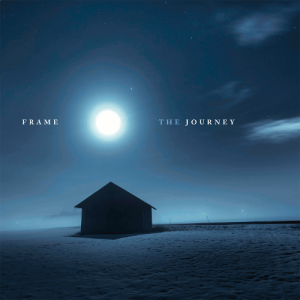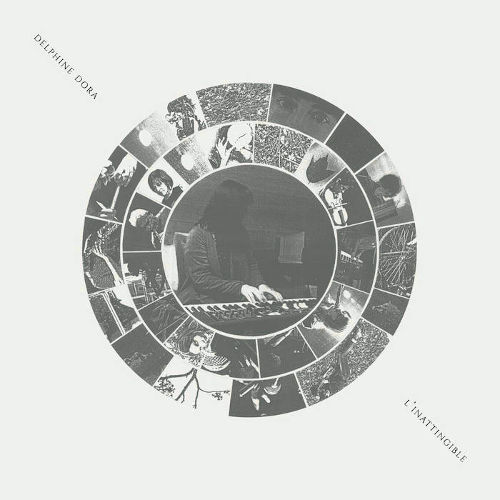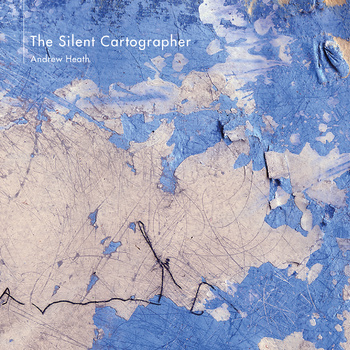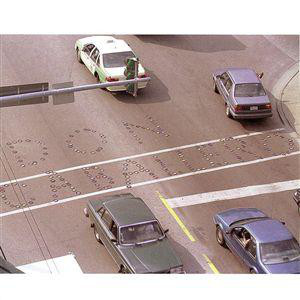 Eugenio Vatta is a Rome-based electronic musician who has been releasing stuff sporadically for quite some time. He has chosen his pseudonym of Frame to release his semi-ambient minimalist treatise on travel. Taken as a series of ten pieces, each named after a planet in our solar system with the ultimate being the arrival at an unknown point, it feels as though The Journey is Eugenio’s impression of what a cosmic traveller may encounter when drawing near to the spatial environs of each planet.
Eugenio Vatta is a Rome-based electronic musician who has been releasing stuff sporadically for quite some time. He has chosen his pseudonym of Frame to release his semi-ambient minimalist treatise on travel. Taken as a series of ten pieces, each named after a planet in our solar system with the ultimate being the arrival at an unknown point, it feels as though The Journey is Eugenio’s impression of what a cosmic traveller may encounter when drawing near to the spatial environs of each planet.
The liner notes of the album simply read: “Silence in glacial environments and in space are very similar, both in a figurative sense and in terms of perception”. Now, this album at points is a whisper away from silence and it is that impression of removal that really infuses the project. A drone is generally constant throughout, and it is that touchstone that settles the pieces into a kind of travelogue. The imagined transmissions from passing satellites and other more mysterious extra-planetary bodies appear at random points, allowing the segments some sense of the random that prevents the whole thing from drifting away into the blissful aether.
A repeated rattle and a hidden metallic shimmer of simple life infuses the drone on “Venus”, but the drone keeps up that sensation of distance, and the fact that something which to our ears could be recognisable lends further belief to the idea that all these sounds are to be experienced by something other than us. What may pass for voices are apparent on “Earth”, but somehow they carry a kind of warning, a fleeting glance of what may be down there should the traveller choose to see. A later swell of sound gives the impression that the sun is appearing from planet-bound obscurity and flooding the traveller’s vision with golden light. Icy feedback and resonant Vangelis-like synths introduce “Mars”, which is unexpected. Perhaps there is more beneath the red surface than we are given to understand and that is making itself known to this harmless traveller. As we travel further from light, though, and head into the darker reaches of the system, the pieces somehow become more sterile, and the sense of distance feels greater as the mood changes and the light reduces. Interference and the sound of falling objects haunt “Saturn”, icy particles hitting the body of a vehicle, perhaps, while a faint heartbeat rhythm and the simplest of undulating drones inhabits “Uranus”.As the final three tracks commence, so the sense of expectation increases. The final track is titled “The Arrival”, but begs the question who is arriving where? The tones are rather tense on “Neptune” and the humanesque sounds on “Pluto And Charon” are even less rooted than what has flowed previously. When the final track arrives draped in synths, we do feel a sense of conclusion, but frustratingly there are no answers. I guess the beauty of this whole work is that only we can provide the answers, should we choose, to this extraordinarily detailed yet sparse suite.
-Mr Olivetti-



